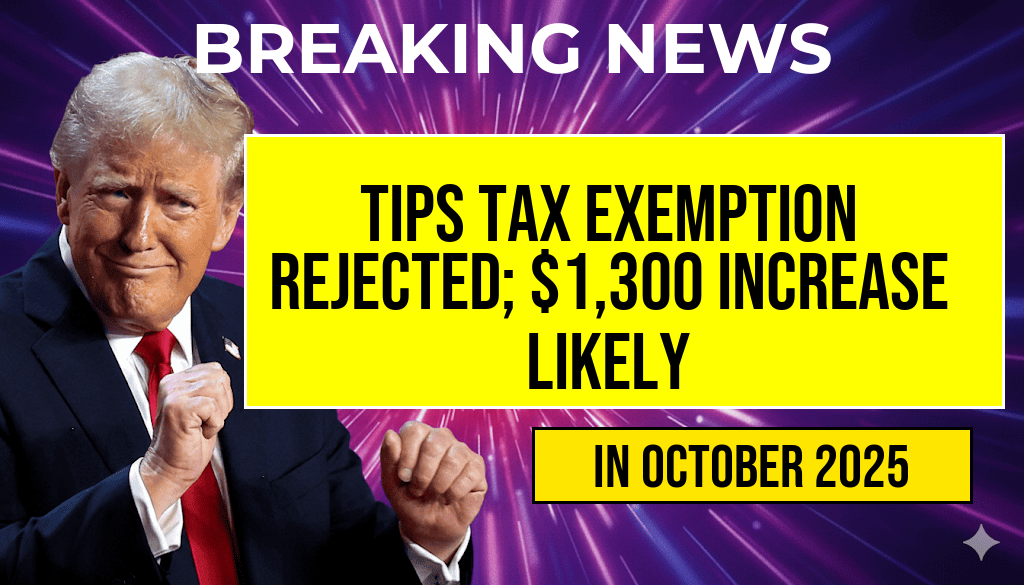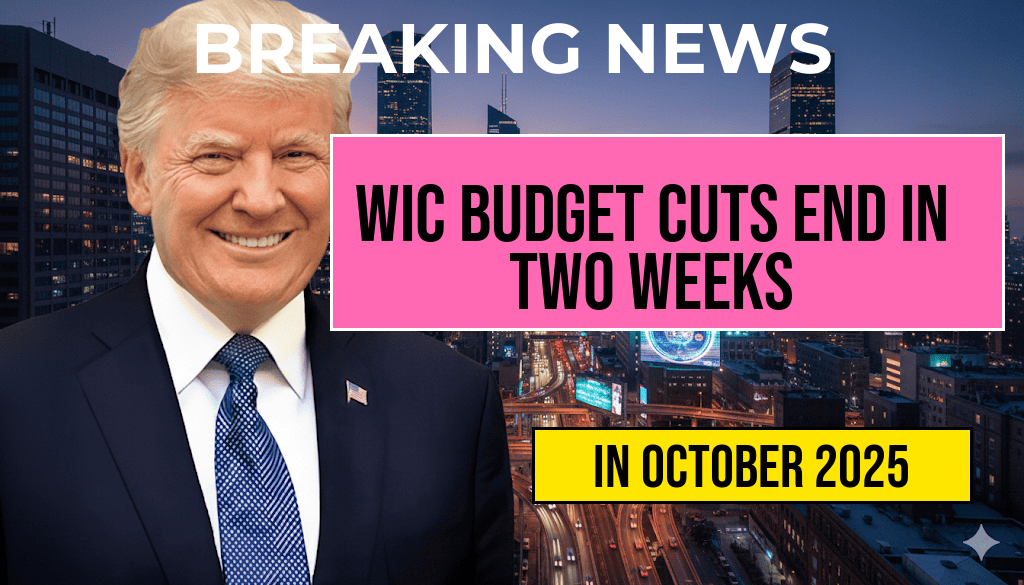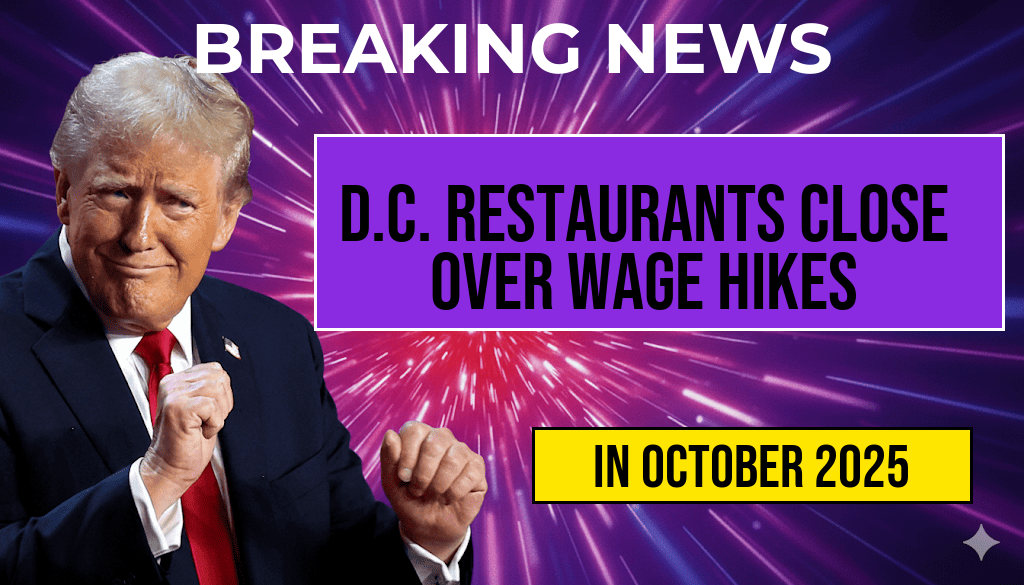President Trump Signs $3.4 Trillion Budget Bill Amid Rising National Debt, Promises to Eliminate Tax on Tips
In a move that has sparked both approval and criticism across political circles, President Donald Trump has signed a landmark $3.4 trillion budget bill, significantly expanding federal spending and increasing the national debt by approximately $4 trillion. The legislation, approved by Congress earlier this week, aims to fund a broad range of government operations, infrastructure projects, and social programs. Notably, Trump emphasized a provision promising to eliminate federal taxes on tips, a move expected to benefit millions of restaurant workers and service industry employees. While supporters hail the bill as a boost to economic growth, opponents warn that the escalating debt could undermine fiscal stability in the coming years.
Details of the Mega-Bill and Its Fiscal Impact
The $3.4 trillion budget package encompasses funding for defense, healthcare, education, and infrastructure upgrades. The bill also includes targeted relief measures aimed at supporting small businesses and promoting job growth. However, the sizeable increase in government expenditure has reignited concerns over the nation’s mounting debt, which now stands at over $32 trillion—a figure that critics argue is unsustainable.
| Item | Amount (USD) |
|---|---|
| Total Budget Allocation | $3.4 trillion |
| Projected Debt Increase | $4 trillion |
| Debt After Legislation | Approximately $36 trillion |
| Tax Relief on Tips | Elimination of federal tip taxation |
Tax Policy Changes: Focus on Tips and Service Industry
One of the most notable provisions in the bill is the pledge to eliminate federal taxes on tips, which currently are subject to income tax and social security contributions. This move is expected to benefit an estimated 12 million workers in the service sector, including waitstaff, bartenders, and delivery personnel. The administration argues that removing federal tip taxes will increase disposable income for workers and incentivize better service delivery.
“This is a win for hardworking Americans in the service industry,” said Treasury Secretary Steven Mnuchin. “It simplifies tax compliance and puts more money directly into the pockets of those who serve our communities every day.”
Critics contend that such a tax break could lead to increased federal revenue shortfalls, potentially forcing cuts in other social programs or increased borrowing to cover expenses. Tax analysts from the Congressional Budget Office (CBO) estimate that the loss in federal tax revenue from eliminating tip taxes could total hundreds of millions annually.
Political Reactions and Economic Implications
The bill’s passage has drawn mixed reactions from across the political spectrum. Republicans largely support the increased spending, citing it as necessary for economic revival and national security. Senator Lindsey Graham stated, “This bill provides critical investments that will fuel economic growth and support American workers.” Conversely, Democrats have voiced concerns over the size of the debt increase and the potential long-term effects on fiscal sustainability.
Economists warn that such a substantial increase in debt could lead to higher interest rates and inflation if not managed prudently. Dr. Laura Simmons, an economist at the University of Chicago, notes, “While targeted investments can stimulate growth, borrowing at this scale without corresponding revenue increases risks creating a debt spiral that could burden future generations.”
Public and Industry Response
Within the restaurant and hospitality industries, reactions are mixed. Many workers welcome the removal of tip taxes, viewing it as a tangible benefit. Meanwhile, small business owners express concern that the increased government spending might translate into higher taxes elsewhere or inflationary pressures that could raise operational costs.
- Workers: Favor the tip tax elimination for increased take-home pay.
- Business Owners: Wary of potential inflation and future tax hikes.
- Tax Experts: Caution against long-term fiscal instability caused by rising debt levels.
Looking Ahead: Fiscal Challenges and Opportunities
The signing of this mega-bill underscores the ongoing debate over government spending and debt management in the United States. While proponents highlight the immediate economic stimulus and relief for service workers, critics warn that ballooning debt could impair the country’s financial health for decades.
As the nation navigates these fiscal waters, policymakers will need to balance short-term economic boosts with sustainable growth strategies. The bill’s long-term effects remain uncertain, but its passage marks a significant moment in the ongoing discussion about America’s fiscal future.
For further insights into the U.S. budget process and national debt, visit Wikipedia’s page on the U.S. National Debt and Forbes’ coverage of fiscal policy.
Frequently Asked Questions
What are the main features of the $3.4 trillion mega-bill signed by Trump?
The bill includes significant spending measures totaling $3.4 trillion and results in an estimated $4 trillion debt increase. It aims to fund various government programs and initiatives, though specific allocations are detailed further in the legislation.
How does the bill impact the national debt?
The bill is projected to increase the national debt by approximately $4 trillion, raising concerns among policymakers about fiscal responsibility and future financial stability.
What does the bill say about taxes on tips?
Trump has promised zero tax on tips, indicating that the legislation will not impose additional taxes on tips received by service workers, which is a notable feature aimed at benefiting workers in the hospitality industry.
When was the bill signed into law?
The bill was recently signed into law by President Trump, marking a significant legislative action with wide-ranging financial implications.
What are the potential economic effects of this mega-bill?
The economic impact includes increased government spending and debt, which could stimulate economic growth in the short term but may raise concerns about long-term fiscal sustainability.










